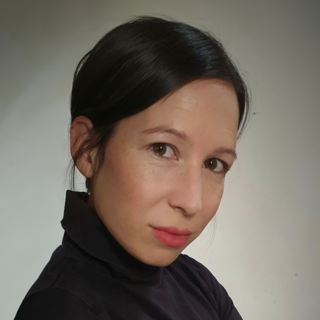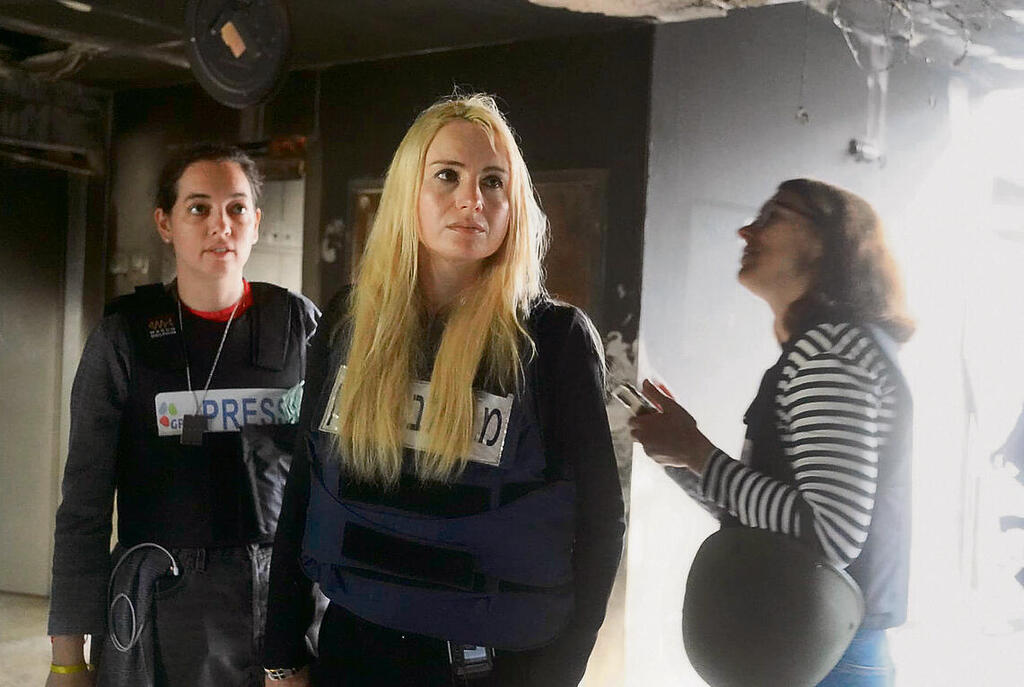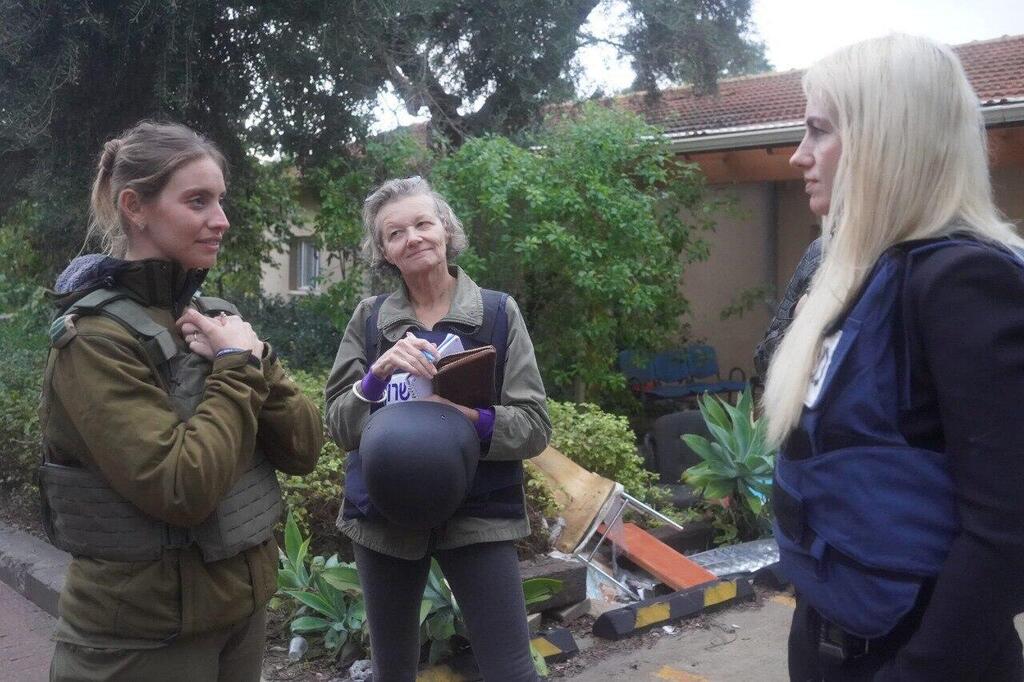Getting your Trinity Audio player ready...
It took a considerable amount of time to get international women’s organizations to pay attention to the horrific acts of sexual violence committed against women in the wake of October 7, a point emphasized by former beauty queen, Linor Abargil, who gave a very emotional speech, expressing her pain at global reticence to acknowledge what happened.
Read more:
But someone is taking it seriously. Tatiana Kotlyarenko, an advisor on anti-trafficking issues at the Organization for Security and Cooperation in Europe (OSCE), has arrived in Israel to examine more closely.
Just last week, Kotlyarenko visited the Reím parking lot, where the Nova dance festival took place until it became a killing field in the morning of October 7, and also visited Kibbutz Beéri, a community that bore the brunt of the violence.
She was also part of the foreign press delegation that accompanied IDF representatives, as they toured the various scenes of destruction. On Monday, she took part in a Knesset hearing about victims of sexual violence as a result of the war and went the extra mile by personally speaking to hostage families.
Kotlyarenko described what she saw as a “museum of horrors”, saying she witnessed signs of the life that were there before it happened and more distressing signs of untold violence.
Additionally, she described images of a woman with blood stained pants and bodies of naked women. She was also told by Festival attendees of at least three women whose underwear had been forcefully removed.
3 View gallery


Linor Avragil was in tears at how the world was ignoring the plight of Israeli women after October 7
Kotlyarenko was also puzzled by the egregious demand for photographic “proof” for women being raped, as cases of rape around the world never encounter that sort of skepticism to begin with.
When it comes to Israeli and Jewish women experiencing a different standard, she said it’s a clear sign of discrimination and an inexplicable will to get legitimacy to sexual violence stemming from antisemitism.
“The reality is sexual violence is prohibited by international law,” she said. “There’s no excuse or justification for sexual violence in any form.”
She described the violence she witnessed as methodical, which she emphasized as a point that needs to be examined thoroughly.
When it comes to the puzzling silence, at least up until recently, exhibited by women’s organizations around the world, Kotlyarenko wanted to understand why it took them so long to get on the same page with their Israeli counterparts, as they’re usually the first to sound off when sexual violence occurs, even in cases that are not as horrific as the events of October 7.
“In cases of conflict, a woman’s body becomes a battlefield, and what happened in Israel is a testament to that effect. If they ignore it in Israel, they’ll ignore it in other places as well,” she said.
Concurrently, Israeli organizations are hard at work making sure sexual violence committed by Hamas terrorists is recognized. David Menashe and Aya Dvorin, managers of the international headquarters for “Bonot Alternativa”, an Israel women’s activist group, said “Aside of the immense responsibility we carry on out shoulders from day one to safeguard victims and their families, it is clear to us now, when there are still women and girls in captivity, that we must exert pressure on the international community to assist in retrieving every single hostage while respecting their privacy. We need to make sure there’s someone here to receive and support them from the moment they return and for as long as required.”





